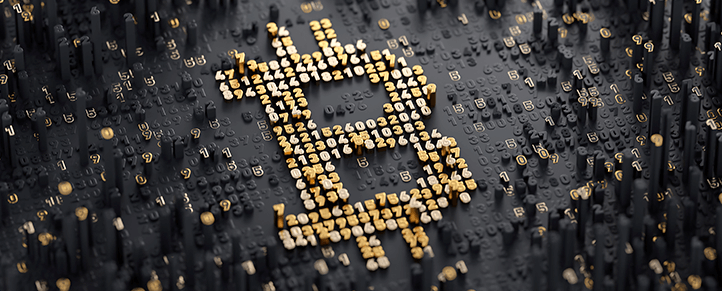One of the most common questions about bitcoin is how it’s actually mined. Given its meteoric rise over the years, it’s no wonder why people are extremely curious about origins. So how does bitcoin mining actually work and how has it changed over the past years?
In the cryptocurrency field, mining doesn’t hold the same definition as the one we’ve come to know. To mine bitcoin, you don’t actually need the standard workgear—a working computer with the right hardware can do the job for you.
More specifically, a bitcoin is mined when a computer you own solves a block through an algorithm. Solving a block provides a reward which is given in the form of a certain amount of coins that has been allotted to it.
The Reason Behind the Creation of Bitcoin
Bitcoin was originally created to provide a decentralized alternative currency wherein coin owners can prosper without major regulatory bodies having undue influence on the success of the currency. Hence, intentional manipulation to serve just one party’s needs is less likely to happen.
Despite the lofty goal, bitcoin still needs infrastructure in order to thrive such as hardware, software, and people.
In order to do away with the involvement of banks and governments, the founder of the bitcoin, Satoshi Nakamoto, designed it to run on a giant server. This works with people pitching in the use of their own software and hardware.
To date, bitcoin has been made successful due to the fact that a vast network comprised of home and office computers all around the world are contributing together to mine bitcoin. The said network has lent the support needed for bitcoin to thrive. This is done by answering and solving mathematical problems which has now made the network to be the most powerful supercomputer in the planet.
Computers all over the world run 24/7 just to mine bitcoin which in turn supports every transaction made using bitcoin.
Why Bitcoin Thrived
The reason why bitcoin thrived is because of the fact that there’s a reward mechanism in place for users who mine and solve bitcoin blocks. This is the only way new currencies are made in the digital field.
In essence, mining accomplishes two things: reward resource contributors and add new bitcoins into circulation.
There’s also been a vital change in how bitcoin mining was done over the years since it was first undertaken in 2008.
Initially, processors were enough to solve the mathematical problems in the blockchain but as the transactions grew, so did the difficulty of the problems that need to be solved. This means using processors have become more costly than necessary.
Then it was discovered that video gaming graphic cards did a better job than processors so miners switched over to using that. The only thing is, it consumed a lot of energy.
Later on, a more efficient way to mine was developed through reprogrammed chips. However, it also used a lot of power and easily heats up when operating.
Now the standard hardware being used to mine is the ASIC or known as Application Specific Integrated Circuit Chips. Not only does it run on less power but is miles away from previous ones in terms of speed and productivity.
Getting Started With Bitcoin Mining
Although most of bitcoin users don’t mine, mining is definitely an integral part of the bitcoin blockchain. However, you have to be ready for competition and the corresponding fact that bitcoin prices can fluctuate wildly.
This means mining bitcoin can sometimes have high returns and sometimes low.
If you plan on going ahead with bitcoin mining, there are a lot of brands in the market today for both hardware and software. When it comes to hardware, the most common ones are the AntMiner S7, AntMiner S9, and Avalon 6.
In terms of software choices, you can choose from Bitcoin Miner, BTCMiner, and CGMiner, to name just a few.


This is great!